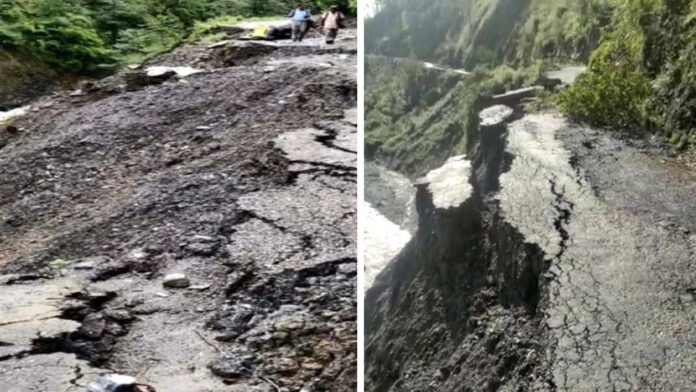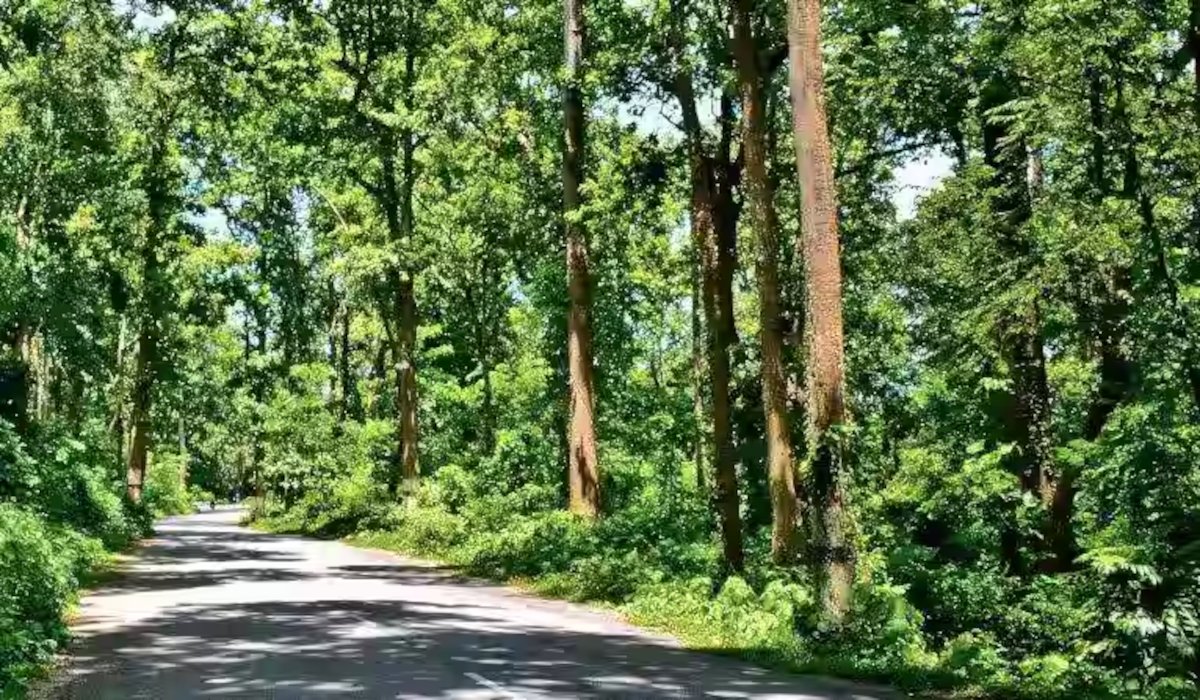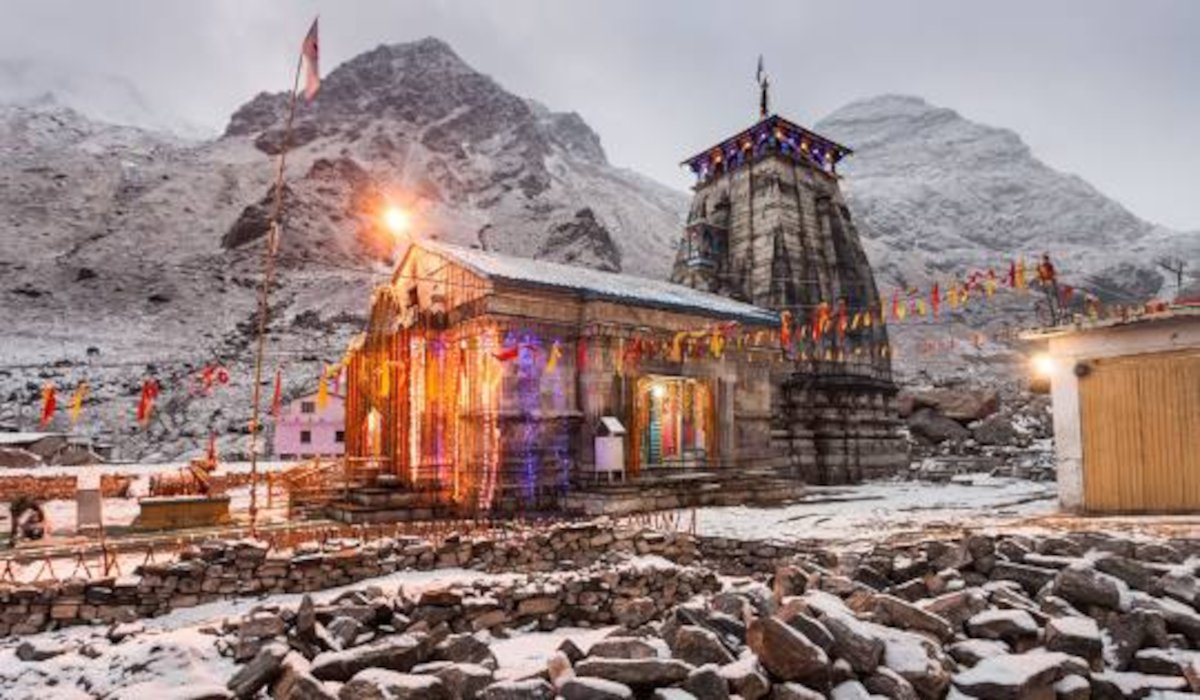Authorities in Bageshwar have announced the construction of a protective breast wall along the Bhaani–Harsingyabgad road to safeguard the route from landslides and soil erosion. The decision follows repeated complaints from residents about the deteriorating condition of the road, which has become unsafe during the ongoing monsoon season.
The Bhaani–Harsingyabgad road serves as a vital lifeline for several villages in the region, connecting local communities to Bageshwar town for trade, education, and healthcare. Heavy rainfall in recent months has weakened roadside slopes, leading to the collapse of soil and small landslides that frequently block the path. Local villagers expressed fears that without immediate intervention, larger portions of the road could wash away, cutting them off from essential services.
Responding to these concerns, the Public Works Department (PWD) has approved the construction of a breast wall—a reinforced retaining wall designed to hold back unstable slopes. Engineers explained that the wall will provide long-term protection by preventing further erosion and stabilizing the roadbed. The project is expected to be completed in phases, with initial work focusing on the most vulnerable sections.
Officials emphasized that the protective wall is not only about keeping the road open but also about ensuring the safety of travelers. “The Bhaani–Harsingyabgad road is crucial for thousands of residents. Our priority is to strengthen the road against landslides and ensure uninterrupted connectivity. The breast wall will provide permanent protection in sensitive areas,” a senior PWD officer said.
Local representatives, including panchayat leaders, welcomed the announcement but urged authorities to complete the work quickly. “During the rains, children face difficulty reaching schools, and patients struggle to get to hospitals. We are relieved that the government has taken up this issue, but speed of execution is critical,” a village elder remarked.
The project will also include improvements to drainage systems alongside the road to prevent waterlogging, which often accelerates erosion. Engineers plan to install culverts and side drains to redirect rainwater away from the slopes. In addition, stone pitching and vegetation will be used in certain sections to provide natural reinforcement.
Funding for the breast wall has been sanctioned under the state’s rural infrastructure development scheme. Officials said that apart from protecting the road, the project is expected to generate employment for local workers engaged in construction and allied services.
Experts note that such preventive measures are essential across Uttarakhand, where fragile mountain terrain and intense monsoon rains frequently damage roads. They argue that investment in protective structures like breast walls and retaining walls not only reduces maintenance costs in the long run but also prevents accidents and saves lives.
For the people of Bhaani, Harsingyabgad, and neighboring villages, the announcement has brought relief. Many residents had been worried about the possibility of being cut off completely if the road collapsed further. With work set to begin shortly, the community hopes that travel will soon become safer and more reliable.
The breast wall project reflects a broader push by the Uttarakhand government to strengthen hill infrastructure, particularly rural roads that are critical for connectivity. Once completed, the protected Bhaani–Harsingyabgad road will stand as an example of proactive planning to safeguard both people and property in vulnerable areas.

























